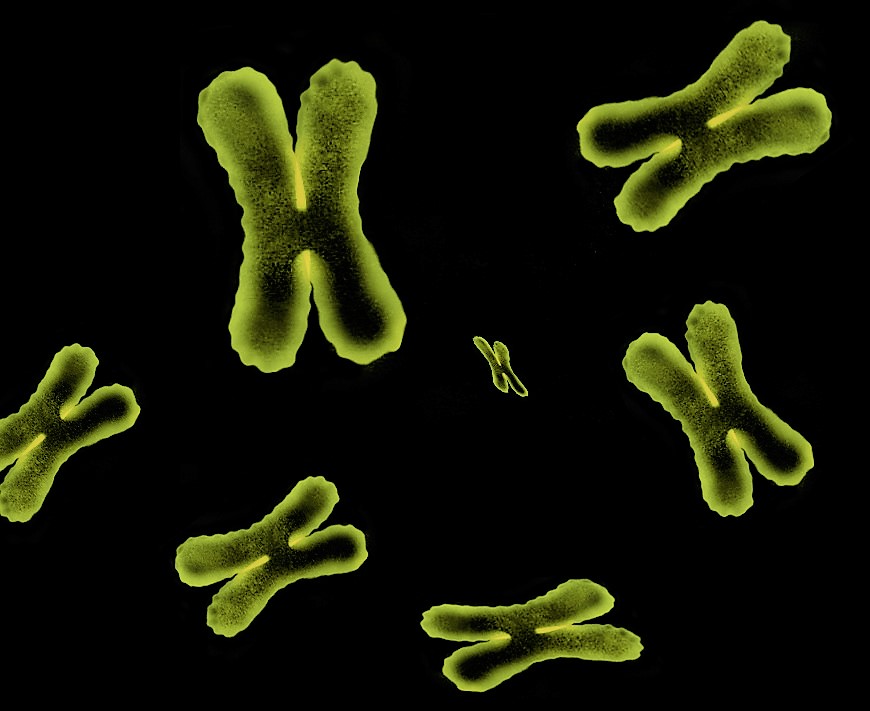Aggregated News

On Tuesday, 23andMe announced it will start telling customers of its mail-in DNA-testing kit about three mutations in the breast-cancer genes BRCA1 and BRCA2—a move officially sanctioned by the Food and Drug Administration.
“My first thought is: We’re not in 2013 anymore, Toto,” says Misha Angrist, an associate professor at Duke University, who has followed 23andMe’s troubles with the FDA. In 2013, the agency essentially forced 23andMe to suspend all of its health-risk reports, which included BRCA at the time. The FDA’s warning letter—a truly blistering one by bureaucratic standards—specifically warned that women might get mastectomies based on inaccurate BRCA tests.
Since then, 23andMe has been getting back into the FDA’s good graces. The company got FDA authorization on tests for Bloom syndrome in 2015 and risk reports for several conditions such as Parkinson’s and Alzheimer’s in 2017—all of which can be ordered without a doctor’s note.
But the BRCA genes have always been the big one because of how dramatically its mutations increase cancer risk. Women with certain variants have a 45 to 85 percent chance of developing...



